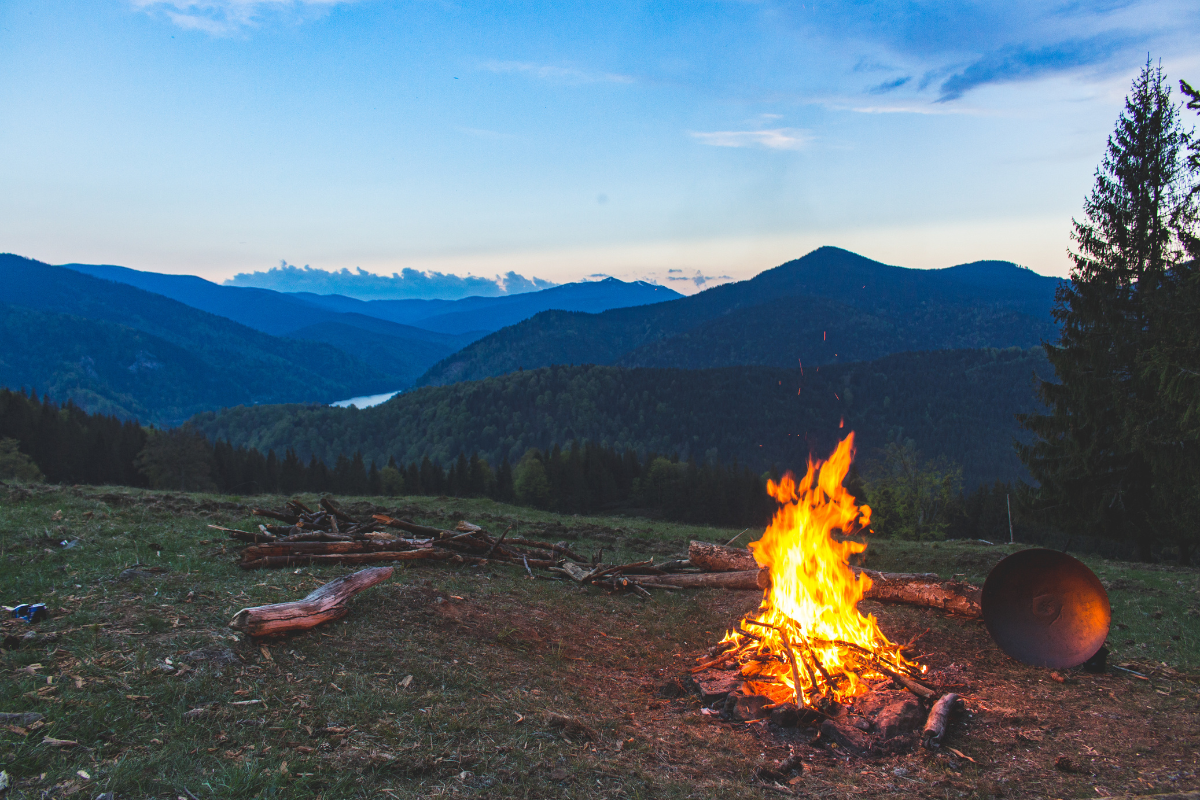
Leave No Trace
Why It Matters in the Outdoors
Spending time in nature is a privilege, and with that privilege comes responsibility. Leave No Trace (LNT) is more than just a set of guidelines—it’s a mindset that helps preserve the wilderness for future generations. Whether you’re hiking, camping, or simply enjoying the outdoors, following LNT principles ensures that our natural spaces remain unspoiled.
What Does Leave No Trace Mean?
At its core, Leave No Trace is about minimizing human impact on the environment. It consists of these main principles:
Plan Ahead and Prepare – Know the rules, check weather conditions, and bring what you need to reduce waste.
Travel and Camp on Durable Surfaces – Stick to established trails and campsites to avoid damaging fragile ecosystems.
Dispose of Waste Properly – Pack out all trash, leftover food, and human waste. If you packed it in, pack it out.
Leave What You Find – Preserve nature by not picking plants, disturbing wildlife, or taking souvenirs.
Minimize Campfire Impact – Use a camp stove when possible and keep fires small in designated areas. Always double check fire danger levels before heading out for a camping trip.
Respect Wildlife – Observe from a distance, never feed animals, and store food securely.
Be Considerate of Others – Keep noise levels down and yield to other hikers on the trail.
Why It’s Important
Nature isn’t limitless. When outdoor spaces are misused through littering, trampling vegetation, or feeding wildlife, the damage can be long-lasting. Practicing Leave No Trace helps protect ecosystems, maintain trails, and ensure that others can enjoy the outdoors just as you do.
By making LNT a habit, you’re not just preserving nature: you’re showing respect for the land, its wildlife, and fellow adventurers. Small actions add up, and when we all do our part, we can keep the wild truly wild.

